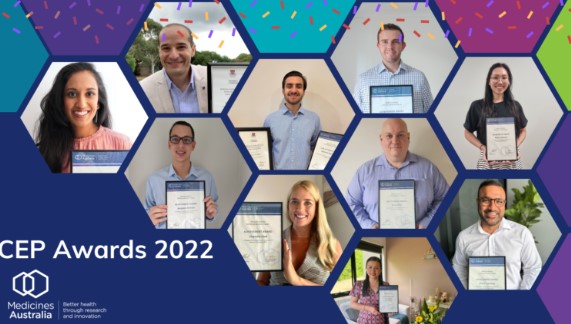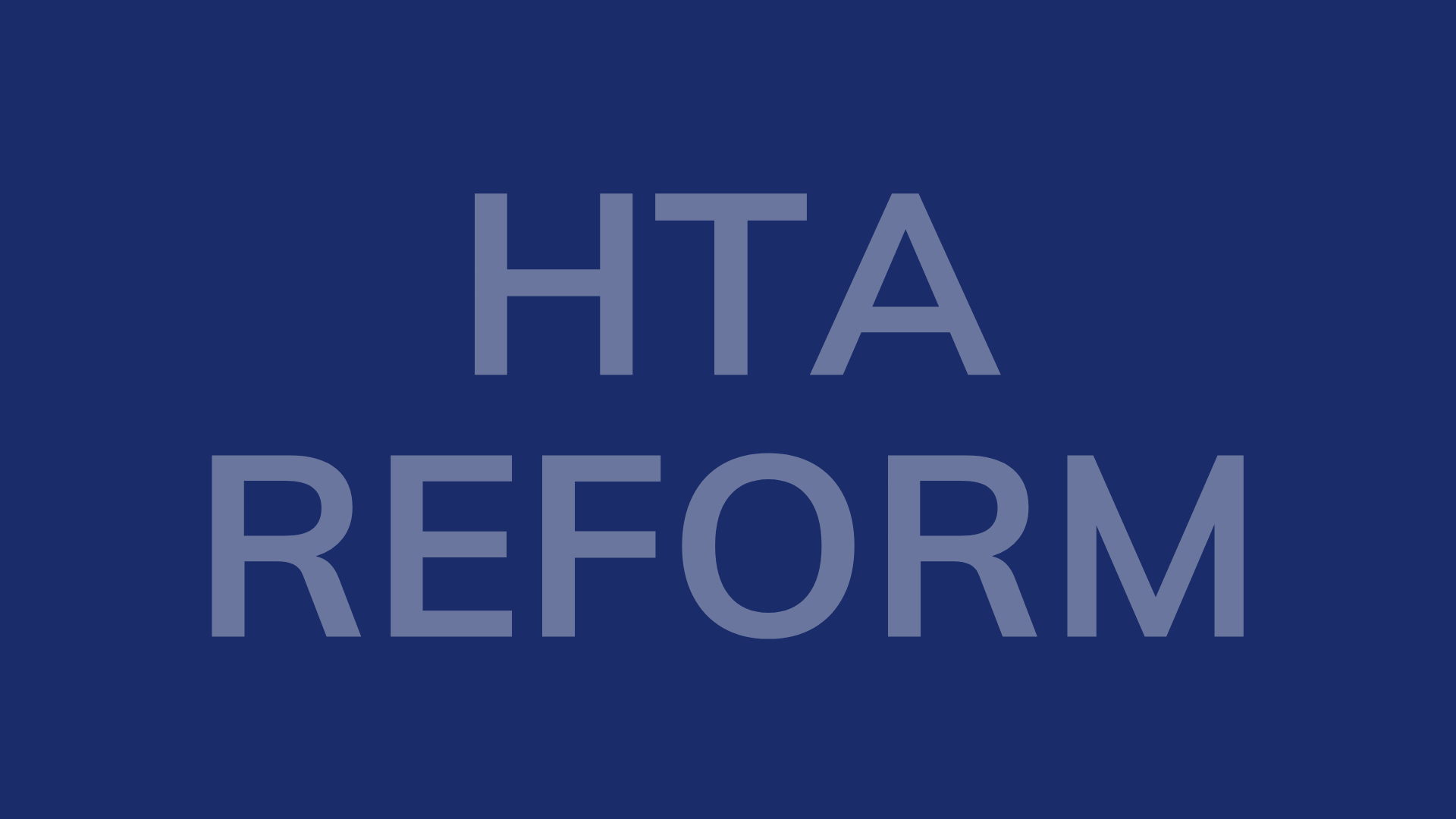Time to ‘seize the day’ on PBS reform to realise economic and social goals
A new analysis commissioned by Medicines Australia stresses the urgent need for Australia to embrace a ‘once-in-a-generation’ opportunity to reform the 75-year-old Pharmaceutical Benefits Scheme (PBS) in parallel with Medicare, so Australians can access the latest treatments as quickly as people in other countries.
“The data reinforces that Australia is failing to provide timely and fair access to many advanced medical options from an antiquated system that is not powered to respond quickly to innovation,” said Liz de Somer, CEO, Medicines Australia.
“We rank well behind comparable OECD nations in getting approved new medicines out to people, which means not only that patients are not getting the best outcomes, but that significant social and economic benefits are lost. The Health Technology Assessment (HTA) Review now underway must result in an adaptable model equipped to deal with the pace of change.”
‘Funding Innovative Medicines’, prepared by Biointelect and Shawview Consulting, lays bare the crisis, showing Australia is at a crossroads where the changing health needs of the population will not be met if it continues to rely on the restrictive, dated methods that currently constrain the HTA system and the Pharmaceutical Benefits Scheme (PBS).
“Recent comments by the Minister for Health and the Shadow Minister for Health show there is heightened political will to modernise the Australian healthcare delivery system, and the HTA Review provides critical impetus to initiate bold reform to serve current and future generations of Australians,” said Ms de Somer.
The report reveals concerning disparities in Australia’s performance on medicines access compared with other OECD nations that employ more flexible, contemporary approaches to both assessment of value and funding of new medicines, and identifies many historic barriers holding Australia back:
A stark reality
- 1. Fewer than half (44%) of new molecular entities (NMEs) registered in Australia between 2016-2021 went on to be reimbursed here, compared with 96% in Japan, 84% in Germany, 80% in the UK and 62% in France.1 In real numbers, Australia had just 74 NMEs reimbursed, less than half that in Germany (165), Japan (154) and the UK (151) (1)
- 2. Australia takes, on average, three to four times longer than the UK, Canada, France or Germany to reimburse a new medicine.1 It is in 12th place for reimbursement timings at 413 days to fund an NME post registration – 303 days longer than Japan, 275 days longer than Germany and 215 days longer than the UK (1)
- 3. The Pharmaceutical Benefits Advisory Committee (PBAC) is more likely to reject applications for listing outright than other HTA agencies, earning Australia a reputation as one of the hardest countries in the world for patients to secure affordable access to the full scope of new medicines (1)
- 4. While structural and pricing measures have stabilised PBS expenditure since the rapid growth of the late 1990s, investment in the PBS has fallen as a percentage of total Australian Government healthcare expenditure over the last decade and is projected to shrink further over the next 10 years, as spending elsewhere in the system escalates (2)
- 5. Projections do not allow for breakthrough therapies in areas of high need, precision medicines such as stem and gene-cell therapies, for the chronic health needs of an ageing population, and much more.
The PBS must adapt AND grow
Strong healthcare is viewed by the strongest nations as an investment for future wellbeing and productivity, with metrics of wellbeing and social progress now operationalised in many comparable countries. The more governments facilitate and expedite affordable citizens’ access to new therapies, the better their return on investment in significant ongoing savings from avoided future healthcare costs and by supporting a productive population.
“There is much to be learned from comparable countries currently doing a better job in delivering new medicines to their people faster than we can. If we truly aspire to provide high quality healthcare to Australians, where new medicines promptly funded for people living with chronic or life-threatening illnesses, we must develop and invest in adaptive systems designed expressly to encourage access to advances and innovation,” Ms de Somer continued. “There are multiple methods outlined in the report – we must be asking, ‘Why can’t we do something like that here?’
“The HTA Policy and Methods Review has opened a once-in-a-generation window to reshape how we value and assess the latest medicines for Australians into one that is fit for the 21st Century, not one inherited from a previous generation with very different health needs,” said Ms de Somer.
Within the HTA system, historic discrepancies in the way medicines are valued and the relative costs are assessed – such as assigning varying quality adjusted life year (QALY) values in different government departments, and excluding broader community and economic benefits, are central problems that must be addressed.
“Medicines and vaccines are an investment in the wellbeing of Australians; while an extreme example, Covid-19 vaccines had a positive impact on the Australian economy to the tune of $181.2B,”3 said Katrina Lapham, Director, Strategic Market Access and Policy, Biointelect. “Our report highlights a potential underinvestment in the PBS and the National Immunisation Program over the last two decades, as other areas of health spending have expanded.
“Other countries have adopted policies that aim to speed up access to truly innovative therapies, without threatening financial sustainability. In Australia, we are at an important inflection point and, in the HTA review, have a unique opportunity to redesign our HTA system into one that is truly world-class and that will facilitate the adoption of the incredible medical advances the future holds.”
To achieve the Government’s ambition of transforming the 39-year-old Medicare system requires a similar reform to strengthen the even older PBS, said Liz de Somer. “We have a rare opportunity to be visionary here and we urge all stakeholders to make submissions throughout the consultation process to safeguard access to medical advances for future generations,” she said.
Issued on behalf of Medicines Australia by Cube. For more information contact: Anne-Marie Sparrow, 0417 421 560/anne-marie@cube.com.au.
Please note featured commentary is attributable to Liz de Somer as CEO of Medicines Australia, the peak body for the research-based pharmaceutical industry, and not as a member of the HTA Review Reference Committee.
Note for editors
PBS origins
The first Commonwealth scheme to provide reimbursed medicines was set up for WW1 and Boer War veterans in 1919, with a wider remit of eligible groups and medicines a later vision of the Curtin government. To achieve a more universal system, the Pharmaceutical Benefits Act was introduced in 1944, but it did not pass until 1947 following High Court challenges and strong resistance. (2)
Significant further amendments are credited to the Menzies government, which aims to ensure the PBS made ‘life saving and life improving drugs affordable for ordinary Australians.’ (3,4) Successive governments from across the political divide have recognised the critical role of the PBS as a fundamental pillar of universal healthcare, a policy that Australians continue to deeply value.
Download the full report: Funding Innovative Medicines June 2023
Health Technology Assessment Policy and Methods Review
Planned consultation for the HTA Review includes several opportunities for stakeholders to get involved at different phases through a variety of methods to ensure accessibility for the diverse needs and preferences of stakeholders. There are two consultation periods separated by a series of deep dives across the year, with the final recommendations to Government due in December.
For further details on how to get involved, email HTAReviewConsult@health.gov.au or visit the consultation hub.
References
- 1. Funding Innovative Medicines, Biointelect and Shawview Consulting, June 2023
- 2. https://www.aph.gov.au/About_Parliament/Parliamentary_departments/Parliamentary_Library/pubs/rp/BudgetReview202223/HealthOverview. Accessed June 2023
- 3. Fox, N.; Adams, P.; Grainger, D.; Herz, J.; Austin, C. ‘The Value of Vaccines: A Tale of Two Parts.’ Vaccines 2022, 10, 2057
- 4. How the Pharmaceutical Benefits Scheme began | The Medical Journal of Australia (mja.com.au). Accessed June 2023
- 5. Pharmaceutical Benefits Scheme (PBS) | About the PBS. Accessed June 2023
- 6. Pharmaceutical Benefits Scheme — Robert Menzies Institute. Accessed June 2023








